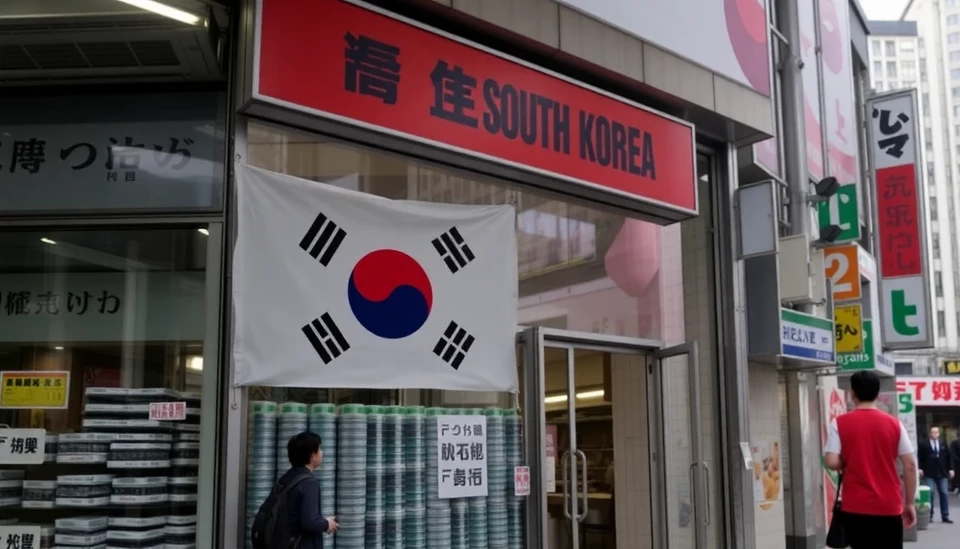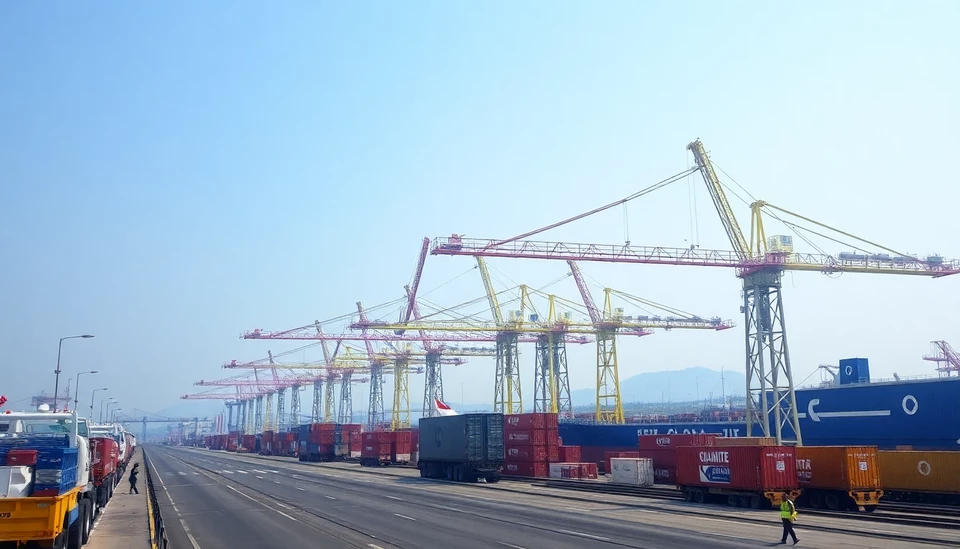
South Korea's recent consumer price index (CPI) data reveals a slowdown in inflation, aligning with expectations that may prompt the Bank of Korea to revisit its monetary policy stance. The country’s October CPI recorded a modest increase of 2.4% year-over-year, down from 2.6% in September. This shift has sparked discussions among economists and policymakers regarding potential interest rate cuts.
The figures reported by Statistics Korea show that inflation is evolving at its weakest pace since early 2021. Such a development raises questions about the necessity of maintaining the current interest rates, which were previously set to counteract inflationary pressures stemming from global economic uncertainties and increased domestic demand.
In response to the latest CPI readings, analysts are scrutinizing the Bank of Korea’s path ahead. Many predict that the likelihood of lowering interest rates has increased, particularly if inflation rates continue to decline in the coming months. With inflation firmly anchored below the Bank's target level of 2%, the economic landscape offers significant leeway for policy adjustments.
The downward trend in inflation can be attributed to a range of factors, including lower prices in the energy sector and a more stable food cost environment. As energy prices fell by 0.1% year-over-year, the overall pressure exerted by volatile energy markets has diminished, allowing consumers a respite from steep rises in living costs.
While inflation is decreasing, concerns linger regarding the broader economic context. Some experts highlight that weakening export performance and a lack of robust domestic demand could influence the Bank of Korea’s decision-making process. The balance between sustaining growth and managing inflation becomes increasingly delicate as the central bank evaluates its next moves.
The monetary authority had previously held interest rates steady after a series of hikes aimed at tempering the inflation surge that peaked over the last couple of years. However, as the economic situation progresses, the Bank may be compelled to consider rate reductions to bolster growth in light of persistently low inflation figures.
Market reactions have already begun to reflect these sentiments, with an uptick in bond markets indicative of expectations for cuts ahead. Investors are keenly watching developments from the Bank of Korea as its next meeting approaches, anticipating a potential pivot in its policy direction.
Overall, the cooling inflation trend seems to validate forecasts surrounding a strategic reassessment of interest rates in South Korea. As the central bank finds itself at a crossroads, the evolving economic indicators will play a crucial role in shaping future monetary policy decisions.
#SouthKorea #Inflation #BankofKorea #MonetaryPolicy #InterestRates #EconomicForecast #FinanceNews #CentralBank #ConsumerPrices
Author: Laura Mitchell




